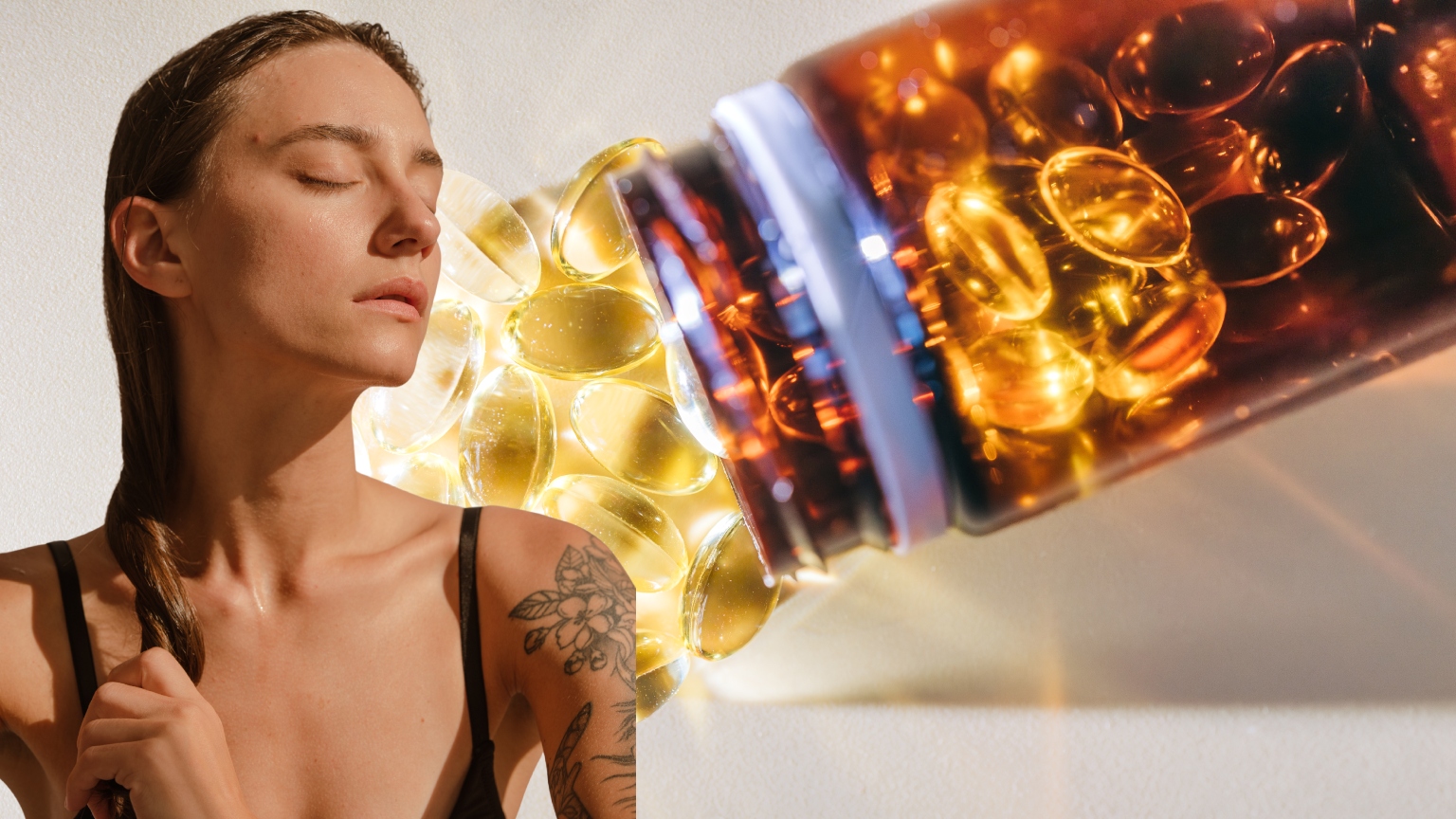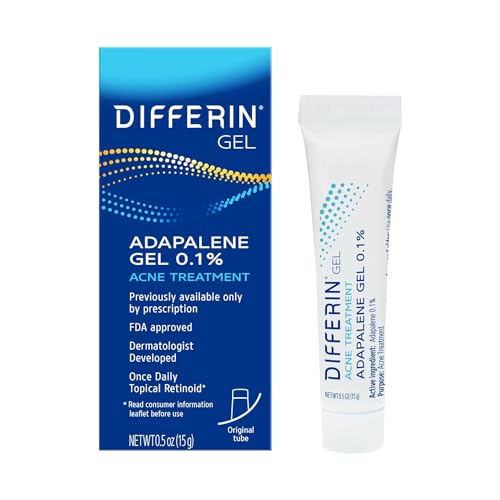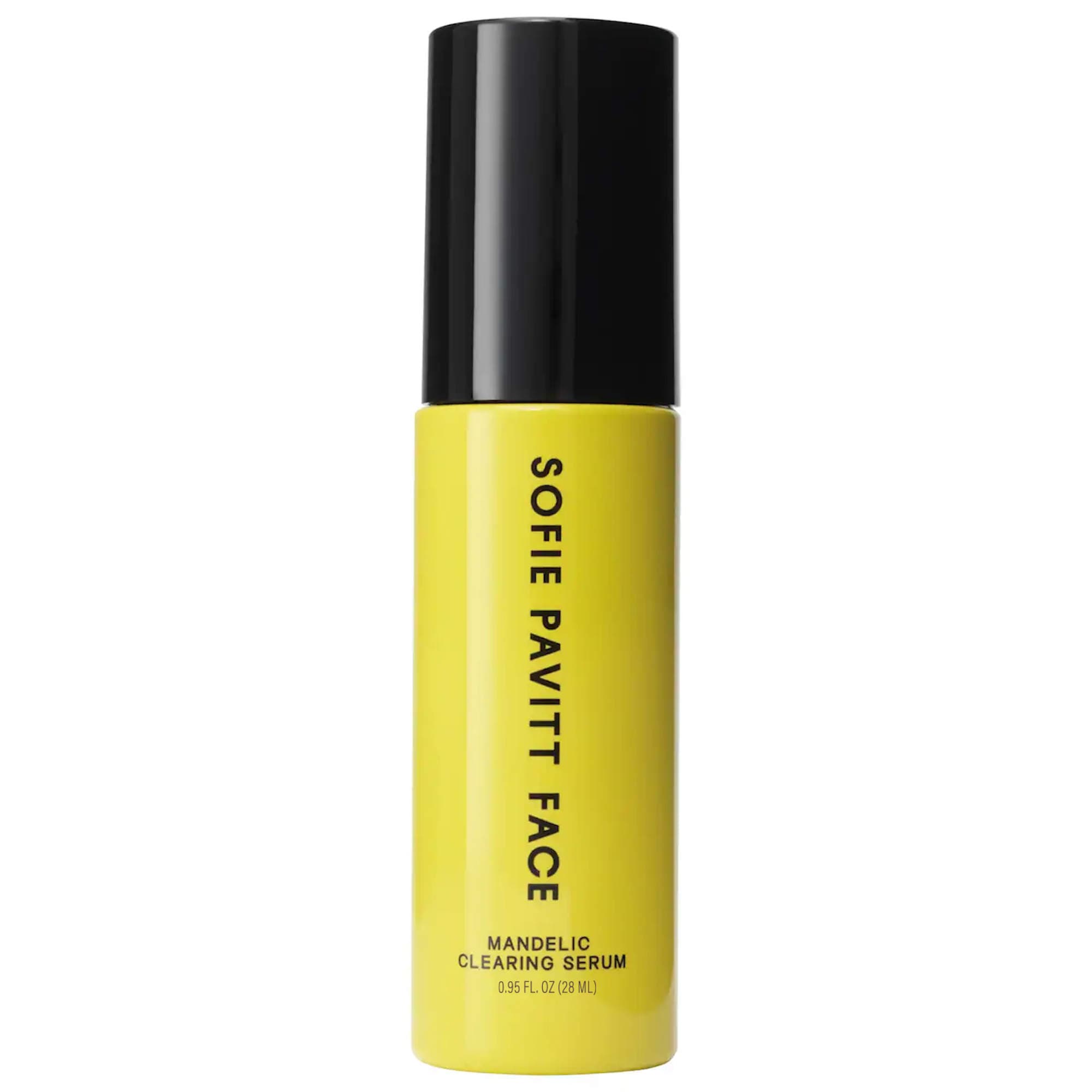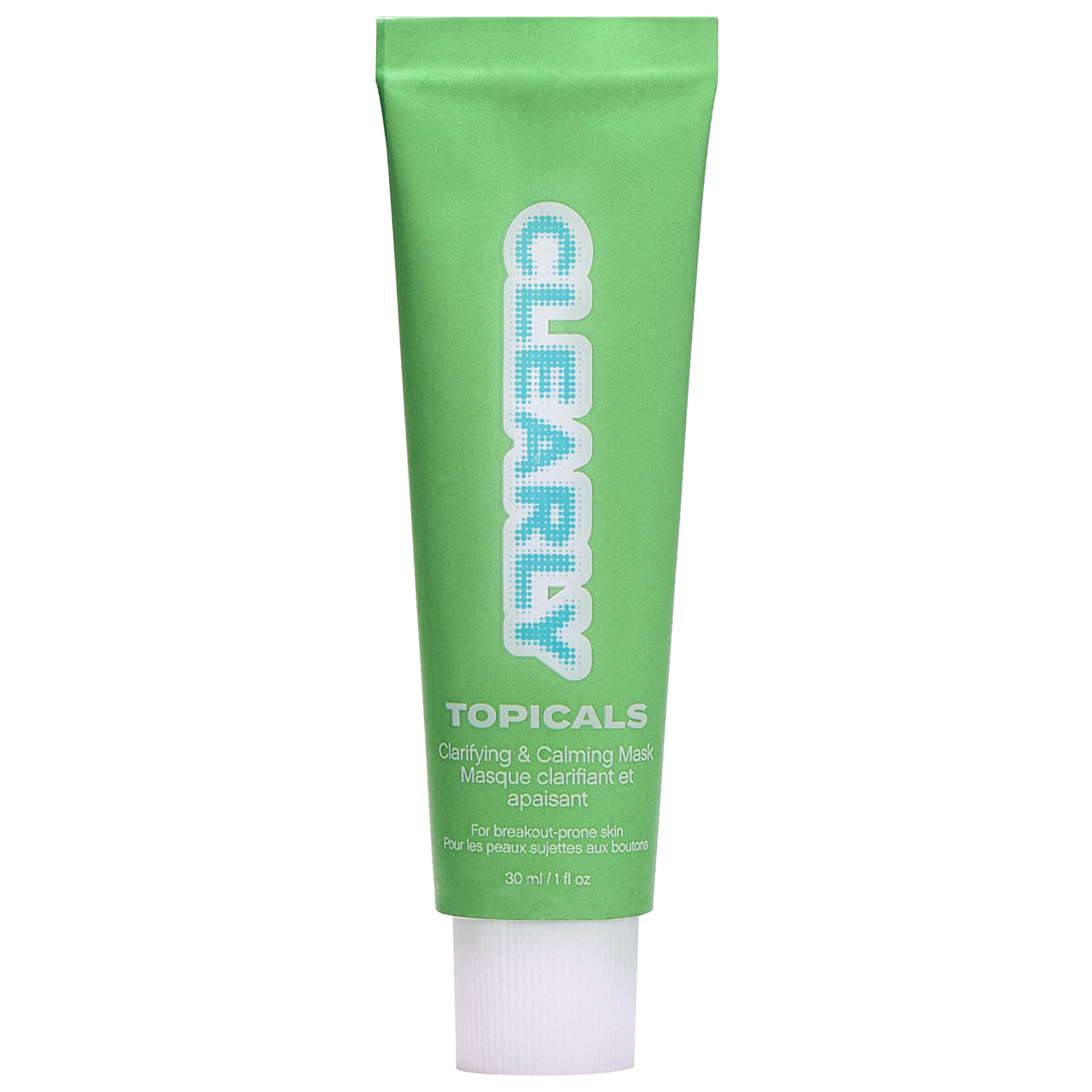Hollywood’s Hack to Good Skin? Microdosing Accutane
Fewer breakouts with fewer side effects? Sign me up.


Select the newsletters you’d like to receive. Then, add your email to sign up.
You are now subscribed
Your newsletter sign-up was successful
Want to add more newsletters?

Delivered daily
Marie Claire Daily
Get exclusive access to fashion and beauty trends, hot-off-the-press celebrity news, and more.

Sent weekly on Saturday
Marie Claire Self Checkout
Exclusive access to expert shopping and styling advice from Nikki Ogunnaike, Marie Claire's editor-in-chief.

Once a week
Maire Claire Face Forward
Insider tips and recommendations for skin, hair, makeup, nails and more from Hannah Baxter, Marie Claire's beauty director.

Once a week
Livingetc
Your shortcut to the now and the next in contemporary home decoration, from designing a fashion-forward kitchen to decoding color schemes, and the latest interiors trends.

Delivered Daily
Homes & Gardens
The ultimate interior design resource from the world's leading experts - discover inspiring decorating ideas, color scheming know-how, garden inspiration and shopping expertise.
In a time where maximalism seems to reign supreme, more is, well, more. When it comes to skincare, though, derms often agree that a pared-back approach can be the way to go. And in the case of microdosing, that’s pretty much the point. The idea of microdosing may elicit the idea of using psychedelics in small doses, or more recently, GLP1 medications. But there are other drugs that can be microdosed, too, such as an acne-prone teenager’s best friend: Accutane. Now Hollywood A-listers are becoming the face of using the drug in this manner.
In terms of microdosing Accutane, board-certified dermatologist, Marisa Garshick, MD, explains that it means “taking a low dose of Isotretinoin (Accutane) [orally], either daily or just a few times per week, rather than the higher, commonly prescribed, therapeutic dose," in order to achieve clearer, acne-free skin.
As for why doctors might prescribe a microdose of Accutane versus going the regular dosing route has a lot to do with the pretty severe side effects with which the acne drug has become synonymous, extreme skin dryness being chief among them. But when you take a fraction of the standardized dose, users are less likely to experience such extremes. Sounds pretty promising, huh? Especially so for Hollywood startlets who can’t risk showing up to a shoot with skin that looks and feels like sandpaper.
However, with this less intense dosage protocol, the impressive (and relatively quick) skin-clearing results that Accutane is known for are also minimized. Plus, you can wind up taking the pill for much longer. Whereas a typical round of Accutane is about six months, microdosing “tends to be continued for a longer duration which may even last one to two years, aiming to maintain clear skin,” Dr. Garshick notes.
For more on how microdosing Accutane works, including the benefits, risks, and ideal candidates, I spoke to Dr. Garshick, along with board-certified dermatologists, Mona Gohara, MD, and Corey L. Hartman, MD. Read on for their expert opinion to see if this could be the clear skin solution for you.
How Microdosing Accutane Compares to a Regular Course of Accutane
“Microdosing Accutane is an off-label treatment of the prescription drug, Isotretinoin,” says Dr. Hartman. In terms of how to microdose Accutane, he reiterates, “Microdosing Accutane might look like taking smaller than approved doses of the drug consistently to reduce active acne breakouts and prevent future ones from occurring over a longer period of time.”
In general, by the time treatment is concluded, you’ll likely have taken the same amount of Accutane as you would with a regular course of Accutane, just spaced out over time. Dr. Gohara explains, “traditional Accutane dosing is calculated by body weight and aims to hit a cumulative dose over roughly six months (120–150 mg/kg total). Microdosing dials that way down—using smaller amounts over a longer timeframe, sometimes indefinitely.” She points out that with microdosing, “the goal shifts from 'cure in six months' to 'long-term control,' so it’s less about hitting a target dose and more about maintaining clear skin with minimal side effects.”
Get exclusive access to fashion and beauty trends, hot-off-the-press celebrity news, and more.
Accutane can help with scarring from past acne breakouts and is effective in treating hormonal acne.
Dr. Hartman
It’s important to note that because this approach is off-label, it means that using the drug in this way isn’t FDA-approved. While this doesn’t mean it’s unsafe or should be setting off any red flags—derms have been prescribing the medication this way for years—this could have implications for whether insurance will cover it. Just something to consider!
What Are the Benefits of Microdosing Accutane?
Smaller doses of Accutane come with smaller risks. A win! “With smaller doses, you’re less likely to experience severe dryness or major lab abnormalities, and the overall regimen tends to feel more tolerable,” says Dr. Gohara. And you get similar benefits as you would with a regular dose, too. “Accutane is proven to reduce the production of sebum, unclog pores, and kill acne-causing bacteria,” says Dr. Hartman. “It can also help with scarring from past acne breakouts and is effective in treating hormonal acne," all of which are still at play when microdosing the prescription. He stresses that taking Accutane at a lower dose can still achieve these benefits, but with less severe side effects such as dryness, headaches, muscle aches, and hair thinning. It might just take a little extra time to see these benefits due to the reduced dose.
What Are the Risks of Microdosing Accutane?
Similar to the benefits, the same risks still stand when microdosing Accutane, but luckily, on a smaller scale, which is why this course of treatment can be so enticing. “The same risks of Accutane exist even with microdosing in that it may still contribute to some dryness or lab abnormalities, although it is often less common,” says Dr. Garshick. She warns that there is still a risk of birth defects, though, so you shouldn’t become pregnant, even while microdosing. “Even at a lower dose, the skin is more sensitive to the sun and may be sensitive to waxing and harsh active ingredients,” she adds, like retinol and exfoliating acids. However, even though these risks are less severe due to the smaller dose, it is essential to recognize that they persist as long as you take the medication, which tends to be longer with the microdosing approach.
Another thing to consider: Dr. Gohara points out that microdosing might not yield the same results as a typical Accutane regimen. She says, “Since the lower doses may not fully remodel oil glands the way a full course can, acne can return sooner,” meaning you may need a longer course of treatment, or could have to go back on Accutane again, rather than being done after one round.
Microdosing Accutane [can be a good idea] for adults who flare with stress, hormones, or who haven’t done well on antibiotics or topical treatments.
Dr. Gohara
What Is the Ideal Candidate for Microdosing Accutane?
Dr. Gohara says that patients or dermatologists may choose microdosing for mild to moderate acne, "especially when they want results without the intense dryness, cracked lips, or lab monitoring that often accompany full-dose courses.” She likens this approach to easing into a pool on the shallow end rather than diving straight into the deep end. “You still get the benefits, just at a gentler pace.”
In general, microdosing can be a good idea for “adults who flare with stress, hormones, or [surgical] mask use, and who haven’t done well on antibiotics or topical treatments. It’s also appealing for patients with sensitive or dry skin who can’t tolerate full-strength Isotretinoin, or for those who’ve already completed a standard course but want to maintain results.” Dr. Hartman agrees and says he usually waits to see how a patient responds to a different treatment before prescribing Accutane. “I tend to try other oral treatments before Accutane, given the potential side effects, so I’d want to see that a patient has tried a prescription like Doxycycline or Spironolactone with little success first.”
As for those who shouldn’t microdose Accutane, Dr. Garshick says, it’s “not recommended for those with severe cystic and scarring acne, as more severe acne warrants a higher dose and achieving the full cumulative dose to provide long-lasting clearance."
How Does Microdosing Accutane Compares to Other Acne Medications?
As Dr. Hartman mentioned, Accutane is typically not the first line of defense, as other acne prescriptions on the market have fewer side effects. Spironolactone—first used to treat high blood pressure— became an acne-fighting go-to when its side effects included mitigating hormonal breakouts. Because of its androgen-blocking properties, Spironolactone is best-suited for those whose menstrual cycles influence their acne. “Spironolactone works by blocking the androgen receptors, while Accutane targets oil production and skin cell turnover,” explains Dr. Garhsick.
So, Accutane, or microdosing Accutane, is going to help shrink oil glands themselves, rather than address hormonal fluctuations. And because the two drugs work so differently, derms will sometimes prescribe both. “In some cases, patients may be on both Accutane and spironolactone, but it is best to determine if there is a hormonal component, as Spironolactone may be the preferred treatment option if so,” explains Dr. Garshick. “In these cases, Spironolactone or birth control pills may be considered, but if not improving, adding microdosed Accutane may also be an option.”
Shop the Best Acne-Fighting Products Available Over-the-Counter

A non-drying cleanser powered by salicylic acid to minimize oil and clear clogged pores.
Meet the Experts

Marisa Garshick, MD, FAAD is a leading board-certified dermatologist serving patients throughout Manhattan, New York and Englewood, NJ at MDCS Dermatology: Medical Dermatology & Cosmetic Surgery, as well as an assistant clinical professor of dermatology at Cornell - New York Presbyterian Medical Center. Dr. Garshick provides a wide variety of cosmetic and medical procedures and services including treatments for acne, eczema, hyperhidrosis, moles, psoriasis, rosacea, signs of aging, skin cancer, skin tags, vitiligo, and wrinkles.
She is a member of the American Academy of Dermatology, the American Society of Dermatologic Surgery and the Women’s Dermatologic Society, as well as an Assistant Clinical Professor.

Dr. Mona Gohara, a Yale-trained board-certified dermatologist and former chief resident at Yale New Haven Hospital, is an associate clinical professor at Yale, where she continues to teach and mentor. As President of the Women's Dermatologic Society and chair of several committees for the American Academy of Dermatology and the American Society for Dermatologic Surgery, Dr. Gohara is a recognized leader in her field. A trusted medical expert, she frequently contributes to Marie Claire, ELLE, Cosmopolitan, Vogue, and more, and serves on the advisory board for Women's Health. Her clinical focus and interests include skin of color and both medical and surgical dermatology.

Corey L. Hartman, MD, FAAD is a board-certified dermatologist as well as the founder and medical director of Skin Wellness Dermatology in Birmingham, Alabama.

Lisa DeSantis is a beauty and wellness writer, editor, brand consultant, and content creator with over a decade of experience in print and digital media.
Previously, Lisa was the Deputy Beauty Director at Health and Real Simple magazines. She has written for Allure, Byrdie, Glamour, Women's Health, Cosmopolitan, Well & Good, and Motherly. Lisa has also appeared on Good Morning America and The Today Show as a beauty expert. She lives in Nashville, Tennessee, where she also teaches pilates and spends her free time searching for the best matcha.


